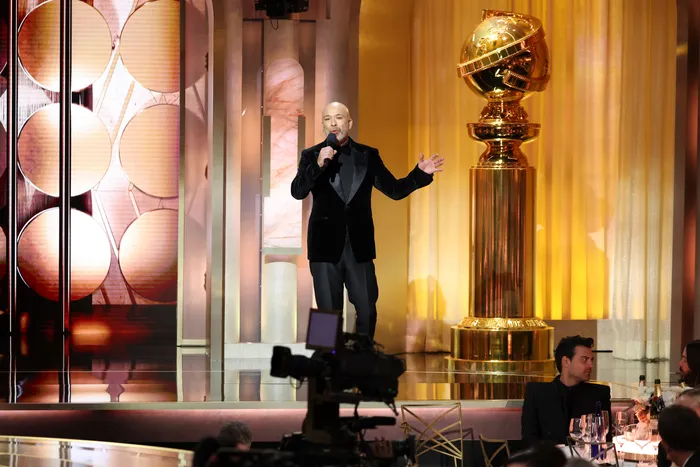“Oppenheimer is based on a 721-page, Pulitzer Prize-winning book about the Manhattan Project. And Barbie is based on a plastic doll…” A lot of people have heard Jo Koy’s Golden Globe comment, which began by discussing the successes of the two movies, then proceeded to begin putting down the Barbie movie while diminishing the plot to be about the body of the doll/woman. However, had the Barbie movie been aimed towards children, or less widely enjoyed by women, would a man still make the same comment?
There is a constant battle seen everywhere of men versus women, whether it be regarding strengths, weaknesses, likes, dislikes, etc. If a song is too girly, a man might refuse to listen to it. A woman might not wish to work with her hands in order to avoid being “too masculine.” A man may break off a relationship if the woman wishes to go to college and begin a career. A woman might end one if the man does not wish to pursue a “manly” enough job.
However, these stereotypes do not have to be entirely avoided to ensure that one is not pushing past values. If a mother stays at home with their child, they should not be devalued and disrespected in comparison to a, per say, a female engineer. If a man is the head of household and sole financial contributor, they should not be accused of “feeding the patriarchy.” What used to be a gender stereotype does not have to be disrespected to advocate for the equality of women and men.
Feminism as a movement, while started on the premise of gender equality, has been twisted to put women over men in a lot of people’s eyes. This in turn creates a negative implication when one identifies themselves as a feminist, despite the fact that they might solely be hoping to be treated as equal to a man. Feminism does not have to equate to the advancement of one gender over another. It could just be a woman advocating for being treated as a human being, instead of being looked at and given worth based solely on their outer appearance.














